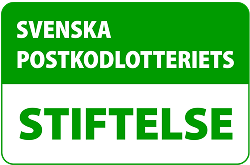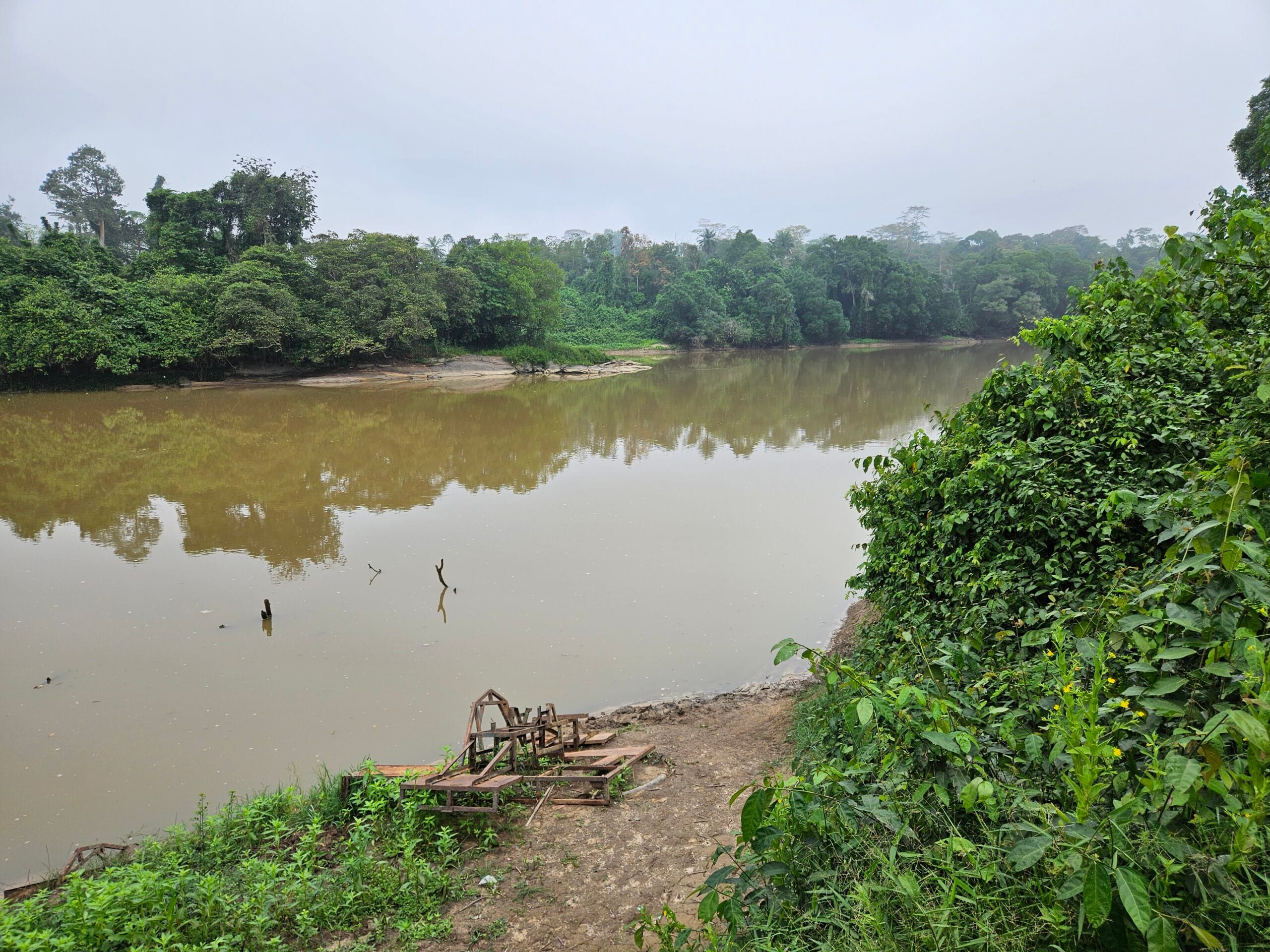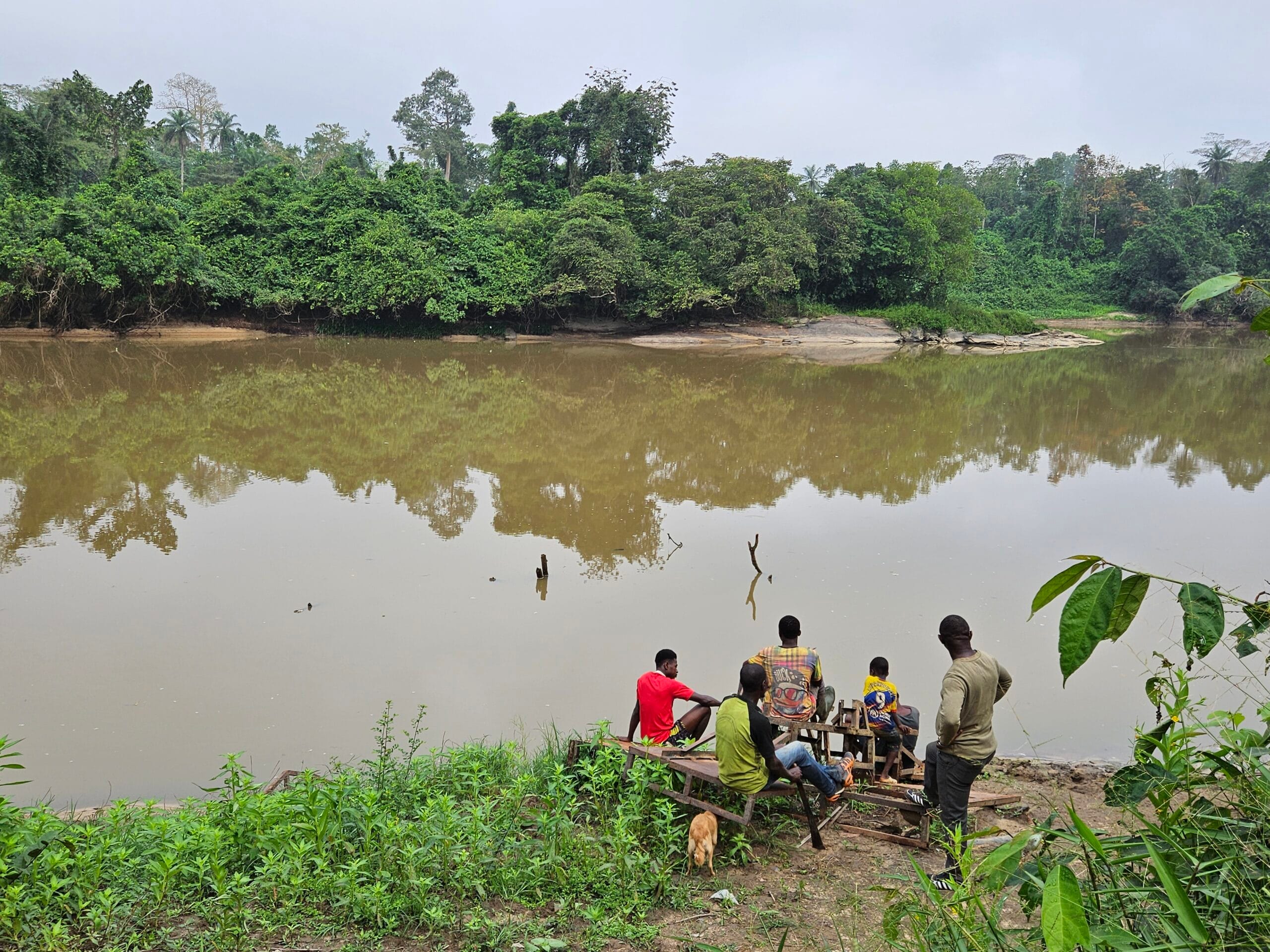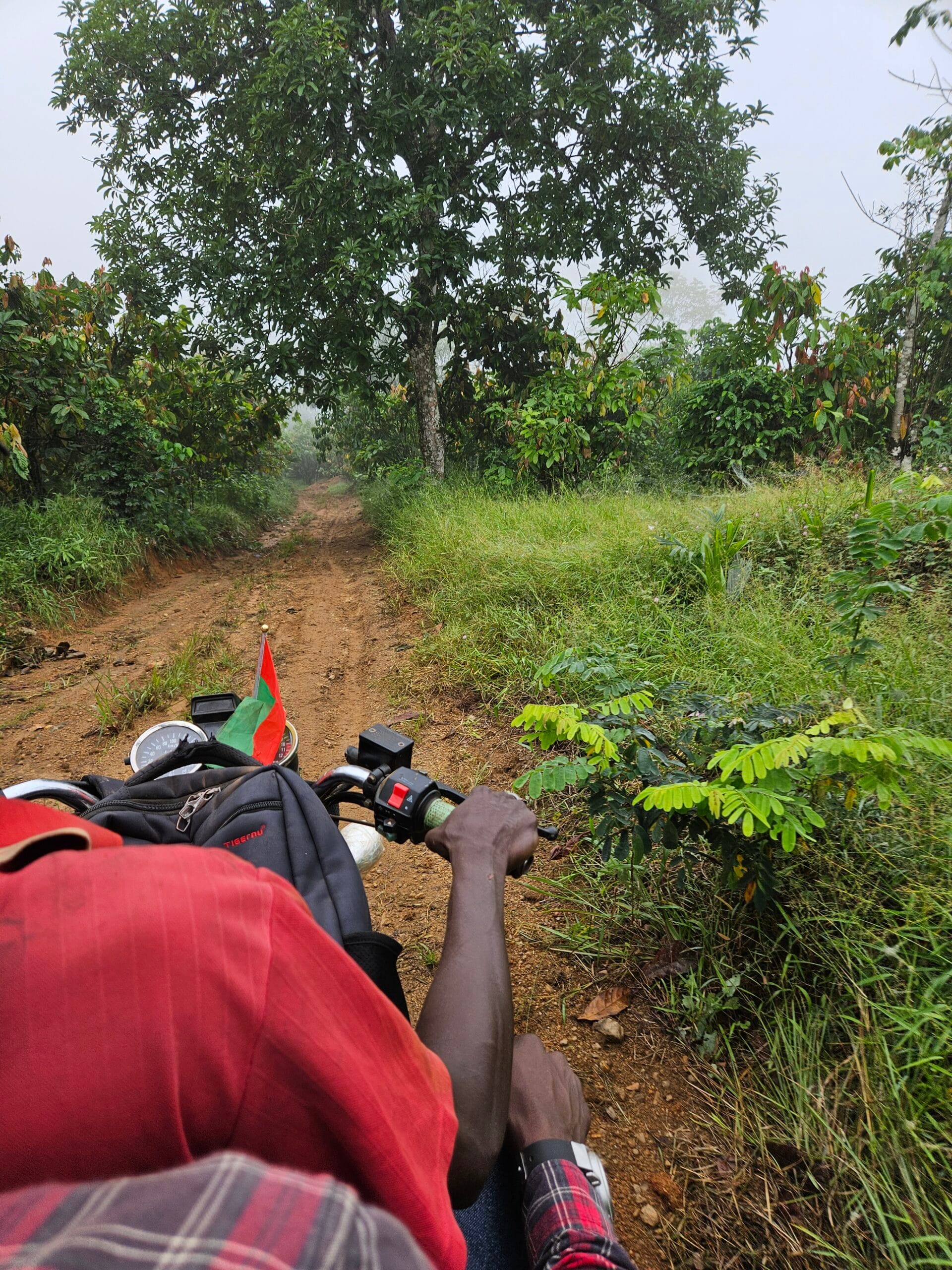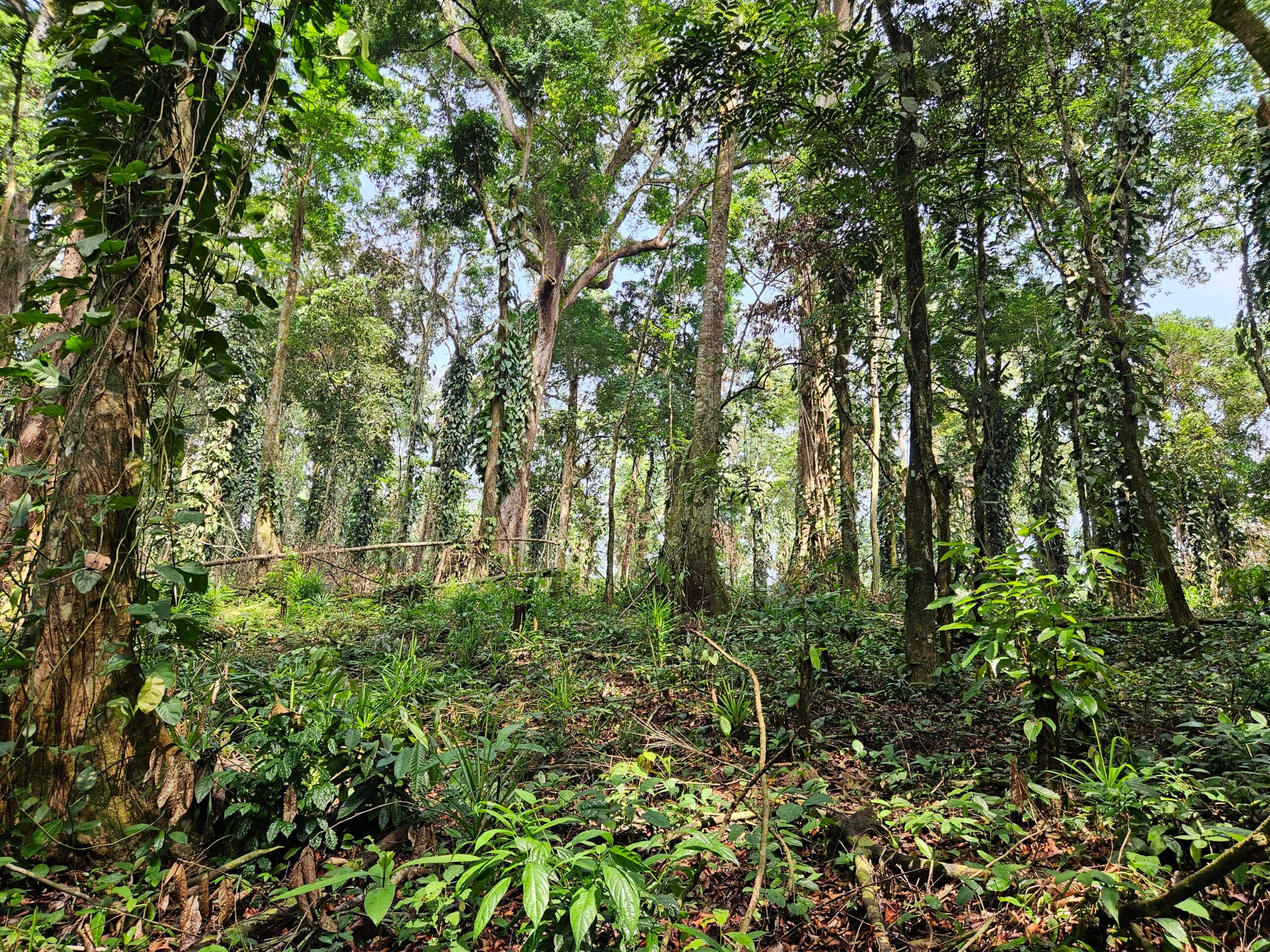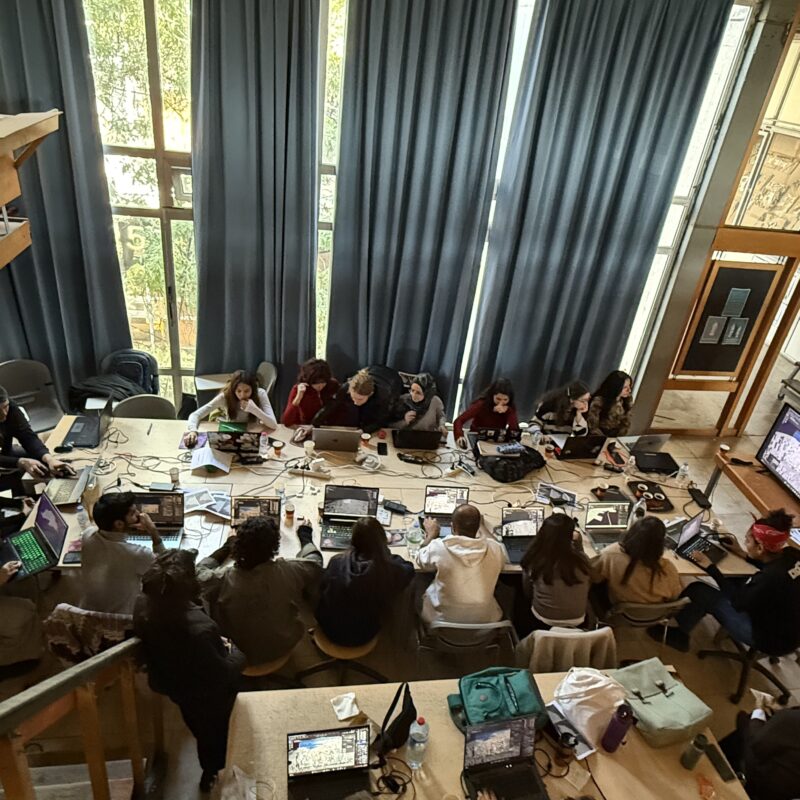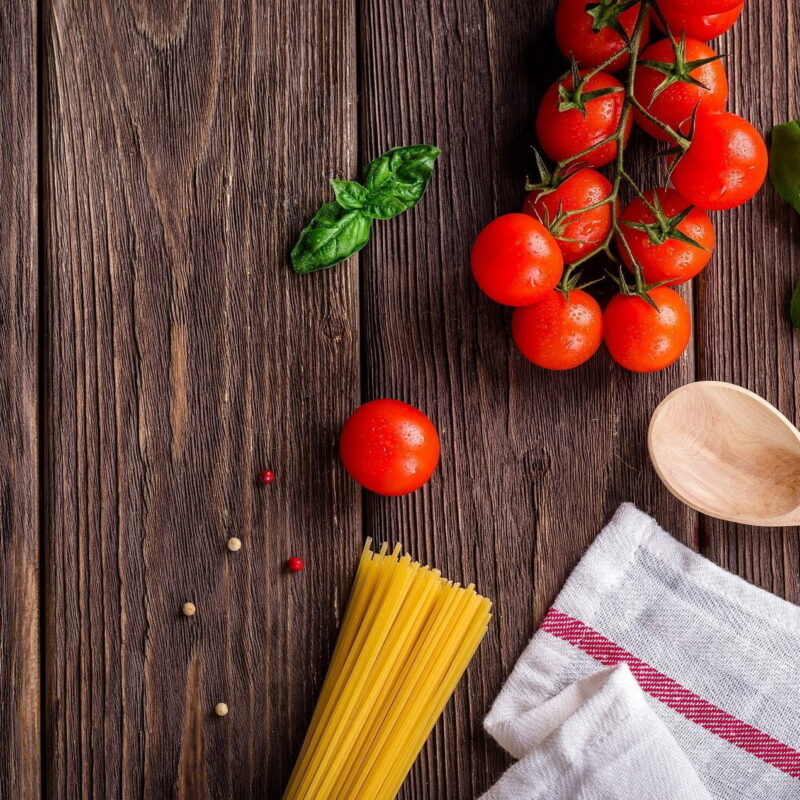ClientEarth
Cocoa trafficking and EU Deforestation Regulation implementation in Côte d’Ivoire & Liberia

Project information
 Duration of the project
Duration of the project
 Time status
Time status
 Focus area
Focus area
Forests play a crucial role in maintaining biodiversity, supporting the livelihoods of Indigenous Peoples and local communities, providing ecosystem services and slowing climate change, yet forests in West and Central Africa face some of the highest deforestation rates in the world. The EU Deforestation Regulation (EUDR) aims to reduce the impact of EU consumption on forests globally by excluding deforestation-linked commodities from the EU market. But the new regulation risks being undermined by unsustainable supply chains, including in Côte d’Ivoire – the world’s largest producer of cocoa. Due to Côte d’Ivoire’s already-high rate of deforestation, it is estimated that 30% of Ivorian cocoa now comes illegally from protected forests, as cocoa needs these forests’ nutrient-rich soil in order to grow. This search for fertile soils means that some cocoa farmers in Côte d’Ivoire are deforesting primary forest in Liberia. Gaps, inconsistencies and lack of clarity in the legal frameworks of both countries mean that the cocoa sector is not effectively regulated, and that deforestation is therefore more rampant.
In this project, ClientEarth aims to combat illegal cocoa production linked to deforestation by improving the enforcement of European and national laws and applying legal pressure on cocoa supply chains. This increased legal scrutiny will send a clear message to commodity traders and chocolate companies across cocoa supply chains that business as usual is not acceptable. Ultimately, the increased compliance and accountability in the cocoa supply chain will lead to a reduction in deforestation and unsustainable practices in the cocoa sector.
The project is supported with SEK 4 000 000.
What happens in the project?
To facilitate effective implementation of the regulation, they need a clear picture of local legal requirements and solid evidence of illegalities and/or deforestation occurrences in the cocoa supply chain. Therefore, the project will consist of three pillars:
Why did the project receive support?
Preserving tropical forests is a cost-effective way to combat climate change and a necessary measure to reduce the loss of biodiversity.
